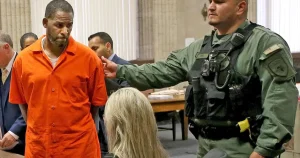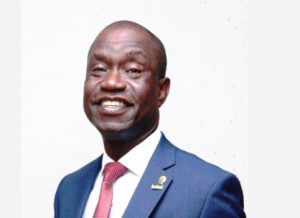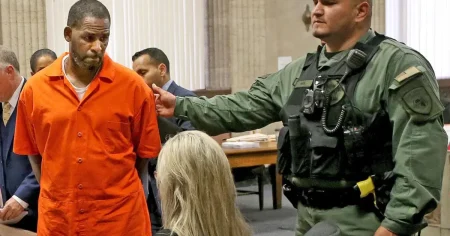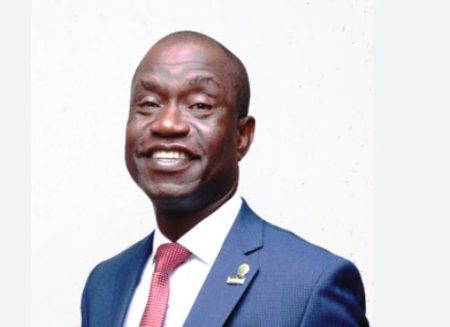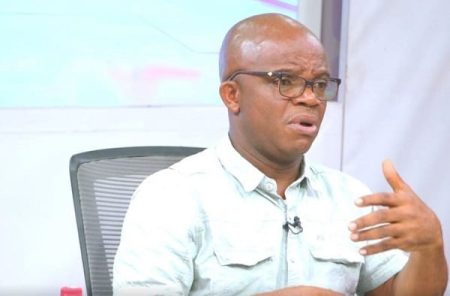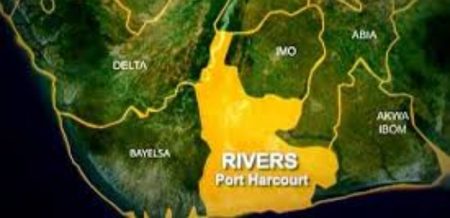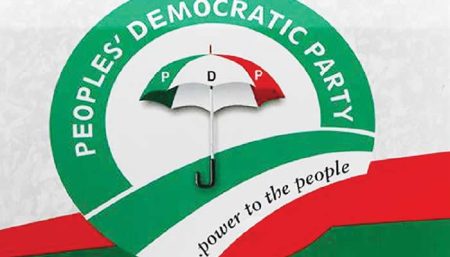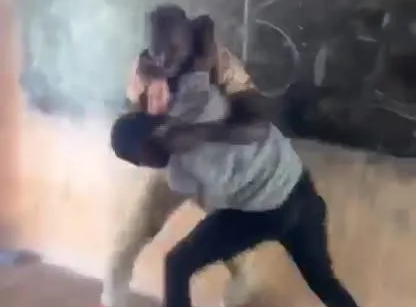The recent massacre in Yelewata, Guma Local Government Area of Benue State, which claimed the lives of approximately 200 people, has prompted President Bola Tinubu to establish a peace committee aimed at restoring lasting peace to the troubled region. The committee comprises prominent figures, including former governors of Benue State, traditional rulers, and federal officials, reflecting a multi-faceted approach to tackling the complex issues driving the violence. President Tinubu emphasized the importance of collaborative efforts and stakeholder engagement, urging Governor Hyacinth Alia to lead the committee’s activities and work closely with neighboring Nasarawa State. This initiative underscores the President’s commitment to finding a sustainable solution to the recurring violence plaguing the state.
The President’s visit to Benue State, marked by a town hall meeting attended by state governors, traditional rulers, and security chiefs, served as a platform to address the urgent need for peace and security. Tinubu directed the Inspector General of Police and the Chief of Defence Staff to apprehend the perpetrators of the Yelewata massacre, expressing his dissatisfaction with the lack of arrests following the attack. He also called for improved intelligence gathering and surveillance to prevent future occurrences. Furthermore, the President urged Governor Alia to allocate land for ranching as a potential measure to mitigate farmer-herder conflicts, a key driver of the violence in the region. He also appealed for blood donations for the victims receiving treatment at the Benue State Teaching Hospital in Makurdi, demonstrating his concern for the immediate needs of the affected communities.
President Tinubu’s visit to the Benue State Teaching Hospital, where he met with victims and medical staff, highlighted the human cost of the ongoing conflict. He emphasized the value of human life, stressing that his role as President is to govern and protect lives, not preside over burials and comfort grieving families. He called on the people of Benue State to support Governor Alia and embrace peace, noting that while political differences are inevitable, the collective pursuit of peace and prosperity should transcend such divisions. This resonates with his broader message of unity and progress, emphasizing that development can only flourish in a peaceful environment.
The root cause of the violence, often framed as farmer-herder clashes, was brought into sharper focus by the Tor Tiv, Orchivirigh Prof. James Ayatse, who described the situation as a “calculated, well-planned, full-scale genocidal invasion and land-grabbing campaign by herder-terrorists and bandits.” This perspective challenges the simplistic narrative and points to a more complex underlying dynamic. He criticized the politicization of the crisis and the tendency to downplay the severity of the situation, urging for a unified approach to address the violence. The Tor Tiv’s plea to President Tinubu to “stop our weeping” underscores the desperation of the Benue people and their yearning for an end to the bloodshed.
Governor Alia, in his address, echoed the need for urgent intervention, appealing to the Federal Government to establish a special intervention fund for communities affected by the persistent attacks. He stressed the importance of this fund for rehabilitation, reconstruction, and restoration of livelihoods, particularly for farmers who have been disproportionately affected by the violence. Governor Alia’s reiteration of his support for state police highlights his belief in the necessity of localized security forces to effectively combat the security challenges unique to Benue State. He pledged his administration’s commitment to building a safe, stable, and prosperous Benue, aligning with the president’s vision for peace and development.
Beyond the immediate actions and appeals for peace, the broader context of the Benue crisis was highlighted by the Northern Elders Forum, which condemned the persistent violence and described it as “genocide” resulting from government inaction, political complicity, and systemic collapse. This strong statement underscores the gravity of the situation and the systemic failures that have allowed the violence to continue unabated. The Concerned Christian Youth Forum also expressed its deep concern and called for intensified efforts to restore peace and protect lives. These voices, alongside those of the Benue people and their leaders, paint a grim picture of a state grappling with persistent violence and a desperate need for effective intervention to break the cycle of bloodshed.


